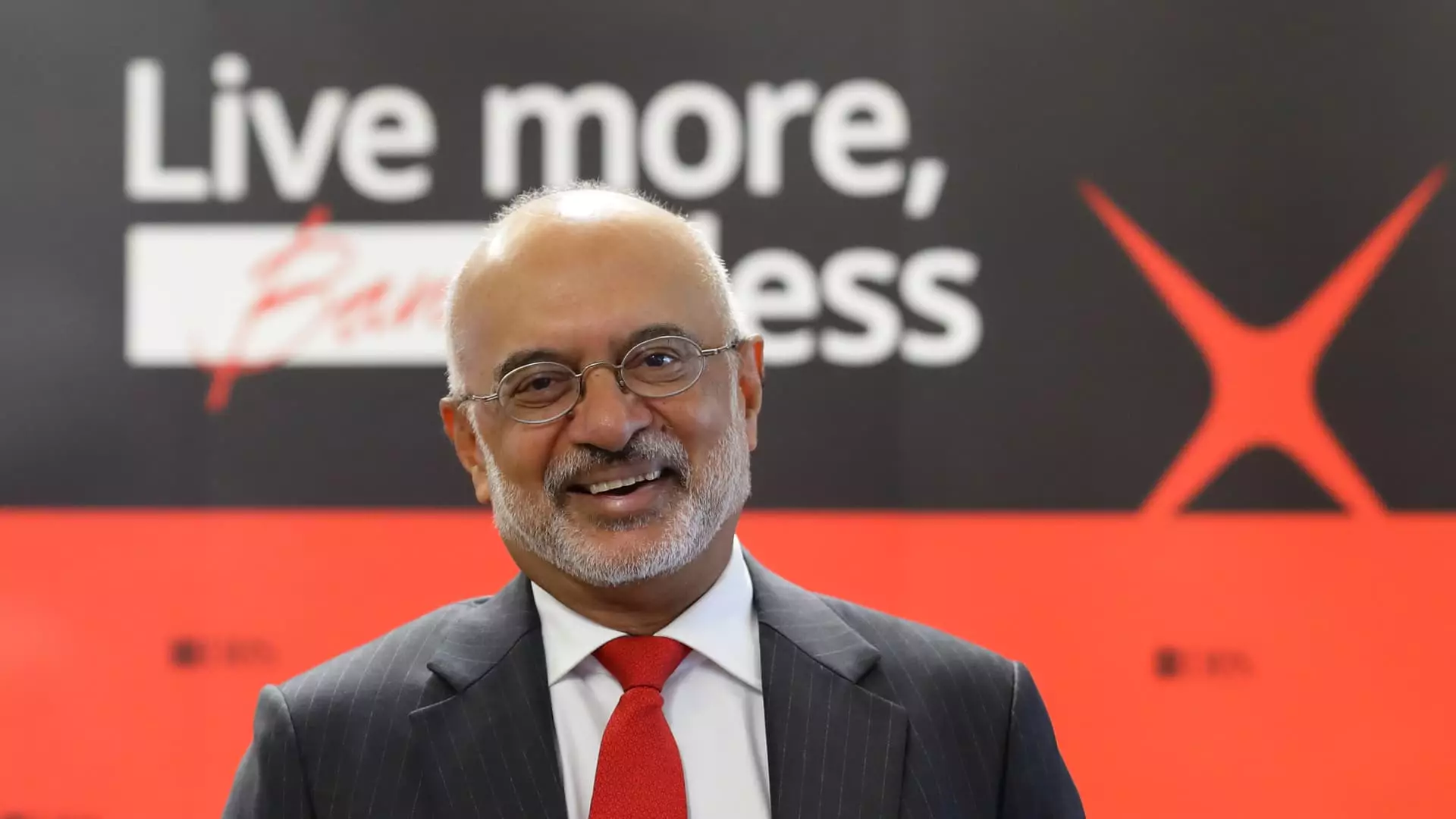The financial landscape in Southeast Asia has seen dynamic shifts, particularly highlighted by DBS Bank’s performance in 2024. Under the stewardship of CEO Piyush Gupta, DBS set new records, achieving a staggering net profit of 11.4 billion Singapore dollars (approximately 8.4 billion USD). This success stems from various key factors, such as soaring fee income and thriving treasury customer sales based on their full-year financial results. The 10% surge in revenue, reaching SG$22.3 billion, solidifies DBS’s position as a leader in regional banking.
Gupta’s assessment of the results was overwhelmingly positive. He referred to the performance as “great” and was pleased with the diverse accomplishments of the bank. This strong financial underpinning presents a glowing opportunity for future growth – a quality that Gupta emphasizes will be pivotal in the forthcoming unpredictable year.
Despite the recent success, Gupta highlights the importance of adaptability in light of potential challenges facing the bank in 2025. With the global economic environment remaining unstable due to fluctuating tariff and monetary policies influenced heavily by U.S. politics, the need for agility and responsiveness cannot be overstated. Gupta’s concerns resonate particularly in the current climate where the Trump administration’s economic policies remain unpredictable. The potential for tariffs and tax policies to act as economic weapons necessitates that DBS Bank stays alert and flexible.
Gupta’s foresight into the implications of U.S. Federal Reserve monetary policy changes suggests that the banking landscape’s volatility could affect interest income. He expressed the sentiment that while interest income is challenging to predict, the outlook for 2025 remains positive, with expectations for net interest income to surpass those of 2024 due to revised forecasts of interest rate cuts.
DBS Bank is keenly aware of its responsibility to shareholders. Following the impressive financial results, Gupta announced a plan to propose a final dividend of 60 Singapore cents per share for the fourth quarter, an increase over the previous payout. This not only reflects healthy operational performance but also shows DBA’s commitment to returning capital to its investors.
In a significant move to manage surplus capital wisely, Gupta introduced a new “capital return” dividend of 15 Singapore cents per share, which is set to materialize quarterly throughout 2025. Such initiatives underline the bank’s robust capital adequacy ratio of 17%, well above its operational range of 13%. Gupta assured stakeholders that the bank would continue to return excess capital in the coming years, solidifying their trust as the bank navigates through an uncertain economic landscape.
As Gupta prepares to step down as CEO in March 2025, the transition becomes a focal point for the bank’s future direction. The appointment of deputy CEO Tan Su Shan as his successor symbolizes a continuity of strategy intertwined with a fresh perspective. This leadership change could bring about innovative responses to the challenges identified by Gupta while ensuring that the bank remains anchored in its successful practices.
While DBS Bank celebrates its monumental achievements in 2024, the road ahead brims with uncertainties necessitating agility and astute leadership. Under Gupta’s guidance, the bank has laid a fortified foundation, poised for continued growth. As it embarks on this crucial transitional phase, DBS is not only tasked with adapting to a quickly evolving economic landscape but also remaining engaged with its investors, ensuring that shareholders benefit as the bank navigates through both challenges and opportunities in the dynamic financial world. As we look towards the future, one can expect DBS to remain resilient and forward-thinking, no matter what turbulence lies ahead.

Leave a Reply